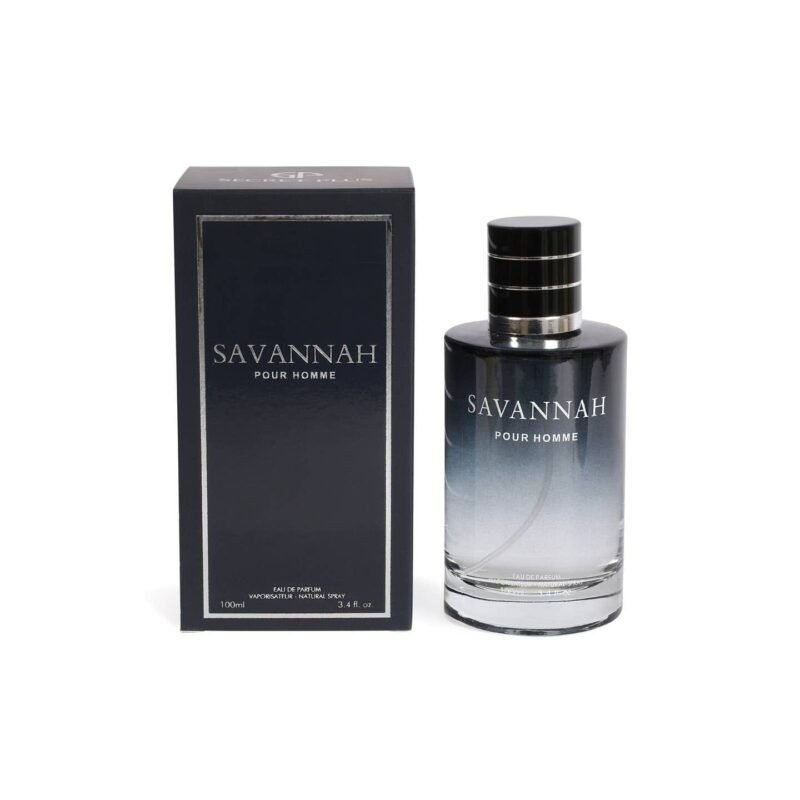Blog
how to use perfume psychology to your advantage?
Perfume psychology leverages the powerful connection between our sense of smell and the brain’s limbic system, which is responsible for emotions, memory, and mood. By understanding how different scents can influence your mental and emotional state, you can strategically use perfumes to boost your mood.
Here’s how to use perfume psychology to your advantage:
1. Understand the Link Between Scent and Mood:
- Direct Connection: Unlike other senses, smell has a direct pathway to the limbic system. This means scents can trigger immediate emotional responses and memories without conscious thought.
- Neurotransmitter Release: Certain scents can stimulate the release of neurotransmitters like serotonin, dopamine, and endorphins, which are linked to feelings of happiness, relaxation, and energy.
- Scent Memory (Proust Effect): A specific fragrance can transport you back to a particular time or place, evoking vivid memories and the emotions associated with them. This is why a scent from your childhood can instantly bring a feeling of comfort or nostalgia.
2. Identify Mood-Boosting Scents and Their Effects:
Different scents have been associated with various mood effects:
- For Relaxation and Calm:
- Lavender: Widely known for its soothing properties, reducing stress, anxiety, and promoting restful sleep.
- Jasmine: Can have calming effects and reduce anxiety, promoting a sense of peace.
- Vanilla: A warm, sweet scent associated with comfort, relaxation, and reduced stress.
- Chamomile: Known for its calming and soothing effects, reducing anxiety and improving sleep.
- Sandalwood: Evokes feelings of grounding and stability, often used in meditation.
- Clary Sage: Can reduce stress and anxiety due to its calming properties.
- For Energy and Uplift:
- Citrus (Lemon, Orange, Grapefruit, Bergamot): Known for their invigorating and uplifting effects, increasing alertness, positivity, and reducing fatigue. Lemon can even boost serotonin levels.
- Peppermint: A fresh, stimulating scent that can improve concentration, focus, and mental clarity, while alleviating fatigue.
- Rosemary: Can enhance mental clarity, creativity, and improve focus.
- Frankincense: Has an uplifting and grounding effect.
- Ylang-ylang: Can uplift your mood and promote feelings of confidence and self-love.
- For Confidence and Positivity:
- Sweet Orange: Its vibrant, fruity aroma promotes optimism and happiness.
- Ylang-ylang: Can boost self-confidence and self-esteem.
- Certain personal preferences: The feeling of simply “smelling good” can inherently boost confidence.
3. Practical Tips for Using Perfume Psychology:
- Choose based on your desired mood: Select a perfume with notes known to evoke the feeling you want to achieve.
- Morning boost: Opt for citrus or peppermint scents to energize and improve focus.
- Relaxation before bed: Apply lavender or jasmine fragrances.
- Stress relief: Reach for vanilla, chamomile, or clary sage.
- For a confident feeling: Choose a scent that makes you feel good about yourself, regardless of its specific notes, or one with uplifting notes like sweet orange or ylang-ylang.
- Create scent associations: If you want to associate a specific mood with a perfume, consistently wear that perfume when you are experiencing that desired mood. Over time, simply smelling the perfume can trigger that emotional state. For example, wear a particular scent during enjoyable activities or moments of success.
- Layering scents: You can experiment with layering different scents to create a more complex mood-enhancing effect. For instance, combine a citrus with a hint of vanilla for a balanced emotional impact.
- Consider context: The effectiveness of a scent can vary based on individual experiences and cultural associations. What one person finds relaxing, another might find stimulating. Pay attention to how different scents make you feel.
- Diffuse essential oils: While perfume is personal, you can also use essential oil diffusers in your environment to create a mood-boosting atmosphere in your home or office.
- Don’t overdo it: While scents are powerful, strong or overpowering fragrances can have a negative effect on some people, causing headaches or discomfort.
By consciously selecting and using fragrances, you can harness the power of perfume psychology to subtly yet effectively influence your emotional well-being throughout your day.

